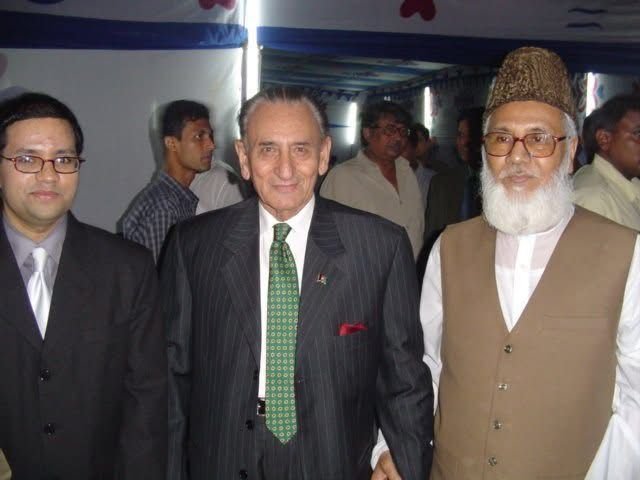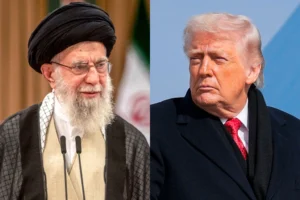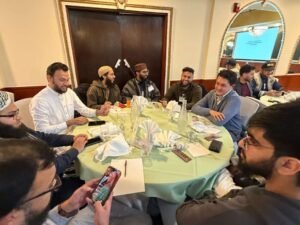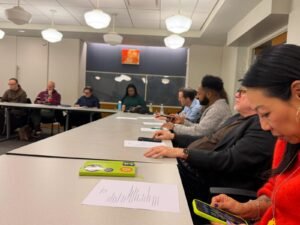Mehedi Hassan:
For Dr. Mohammad Nakibur Rahman, May 11 is not just a date on the calendar—it is a sacred marker of loss, memory, and enduring love. On this day, nine years ago, his father was executed by the state under the administration of Sheikh Hasina, a death he continues to regard as judicial martyrdom. As Dr. Rahman reflects on nearly a decade without his father, his remembrance offers a moving portrait of paternal love, spiritual mentorship, and the unshakeable bond between father and son.
Though the years have passed, the memories remain vivid—some softened by time, others etched in crystalline detail. “I close my eyes, lean back in my chair, walk down memory lane—and tears roll down without asking,” he writes. For Dr. Rahman, these recollections are sanctuaries of joy, pain, and gratitude.
His earliest memories date back to 1984, when the family lived in a modest flat on Shah Shaheb Bari Lane in Azimpur. Space was tight, with five siblings crammed into one room, but the joy of rushing to greet their father as he returned home each evening still glows in his memory. “I would always take off his shoes and socks,” he recalls—a small ritual that, over time, became a cherished window for conversation and connection.
Despite the pressures of public life and organizational commitments, his father carved out time to nurture his children. Football games at the Azimpur colony field, outings with family friends, and late-night television during the 1986 World Cup are just a few of the fond recollections that reveal the man behind the public figure. Dr. Rahman, a Dutch supporter at the time, watched the final match in the Daily Sangram office with his father—who cheered for Argentina and the legendary Diego Maradona. About that night, he says, “Abbu became my hero, for understanding my emotions.”
But what truly defined his father was his quiet authority, subtle communication, and spiritual depth. He rarely imposed rules, preferring instead to gently guide. “It would be better if you didn’t,” was his usual way of expressing disapproval. Even when Dr. Rahman began shaving his beard at 17—a choice his father disapproved of—he responded not with anger but with a soft observation: “Your face is losing its innocence.”
One of the most painful yet intimate chapters of their life together came in 2000, when Dr. Rahman accompanied his father to Singapore for urgent eye surgery. In that moment of vulnerability, it was the father who remained strong. “Tears are precious. Don’t waste them. Save your tears—shed them only in front of Allah,” he told his son during a Tahajjud prayer. That advice became a lifelong anchor, even as Dr. Rahman admits that sometimes his heart still gives in.
The remembrance is not without its regrets. There are things he wishes he could have done differently—words unsaid, expectations unmet. But beneath the sorrow lies a steady current of reverence, humility, and prayer. Every story, every vignette is laced with spiritual meaning, drawn from Qur’anic teachings and prophetic tradition.
The reflection concludes with a heartfelt supplication from Surah Yasin, invoking the story of the believer who was killed by his people for supporting the messengers. Dr. Rahman prays that Allah grants his father a place in Paradise like that man—one “who was killed simply for believing.”
“It was said to him: ‘Enter Paradise.’ He said: ‘If only my people knew—that my Lord has forgiven me and made me one of the honored.’” (Surah Yasin: 26–27)
May Allah accept his prayer.
For more blogs, visit nyn.press






